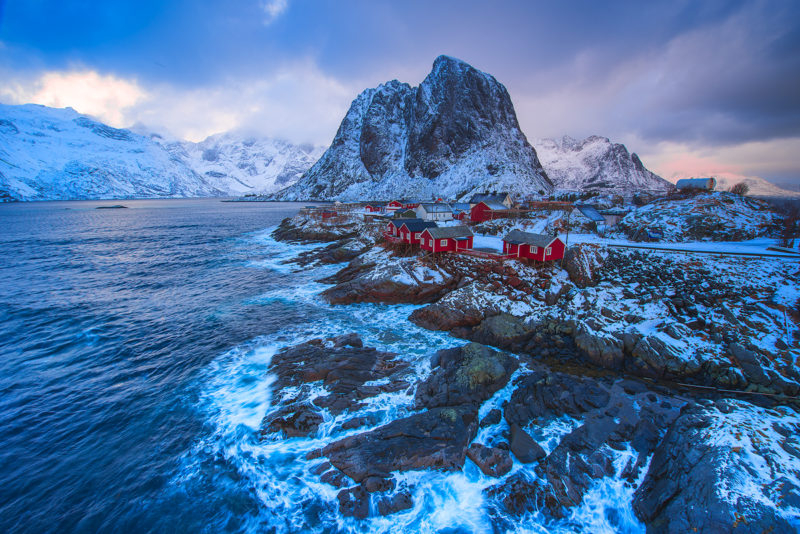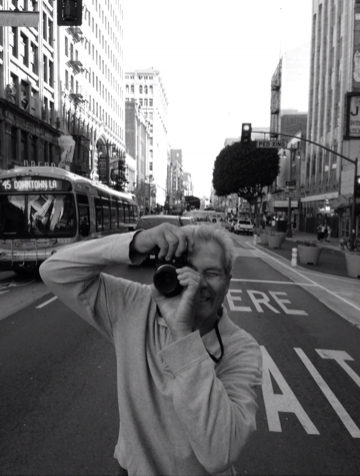DO YOU NEED A PROFESSIONAL CAMERA TO BECOME A PHOTOGRAPHER?
 Have you ever heard that someone said: “My photos would be much better if I had the same camera as you or this photographer”? Perhaps even you yourself said something similar. But is there any truth in this phrase? Or do people just wishful thinking and thus show their ignorance?
Have you ever heard that someone said: “My photos would be much better if I had the same camera as you or this photographer”? Perhaps even you yourself said something similar. But is there any truth in this phrase? Or do people just wishful thinking and thus show their ignorance?
Will a professional camera really make an amateur the best photographer? Will your shots really be outstanding in an instant? Sorry, but no. In fact, the camera does not have a fundamental importance in improving the professional skills of photographing.
Do I need a professional camera to become a photographer?
Before someone now indicates that such a statement is too biased from the lips of photographers who themselves use cameras and lenses of the highest quality, we note that they did not always have the same professional equipment. Most photographers began their career with a simple compact camera.
The price of your equipment does not define you as a photographer; notice that you can perfectly shoot first-class, professional-looking images, even with a budget SLR camera.
The camera does not identify a professional photographer.
Do I need a professional camera to become a photographer?
An example from life. Dawn at the Tidal Basin in Washington DC. When the sun begins to rise above the horizon, placid cherry pink trees rise above the restless city. There are hundreds, if not thousands of tourists and photographers. One of them is a man with a camera for $ 4,000, a lens for $ 2,000 and an excellent tripod. After a few minutes, he looks at the display of another photographer and asks what settings he uses. In response, receives the aperture value, ISO and shutter speed. Now he is trying to apply the same settings on his camera.
Meanwhile, the second photographer uses a 6-step ND filter to achieve a long exposure, unlike the first. So what happens when he uses a 30-second shutter speed? The image becomes completely white. He is not a bad photographer, but it is surprising that a person, possessing such an expensive camera, does not know how to use it.
Having an expensive professional camera does not guarantee that its owner is more professional than anyone with an entry-level camera. The camera does not determine the weight of the photographer – it is necessary to know a priori. Experienced photographers can get a good-quality image with the help of their equipment, because they know how to use it (!), And, most importantly, they understand the basics of photography.
Learn the basics of the art of photography
The biggest favor you can do for yourself as a beginner photographer is to master the basics first. Learn how ISO, shutter speed and aperture work together. Read materials about the composition of photographs and techniques that will help create more attractive pictures.
Why then do professional photographers have professional equipment?
If the mechanism is really not so important, then why do most professional photographers use expensive and high-quality tools for their work? Isn’t that a bit controversial?
Needless to say; a camera for $ 4,000 is more productive than a camera for $ 400, and a lens for $ 2,000 is better than a lens for $ 200. However, expensive equipment will not allow you to take better pictures if you do not know how to use them and have minimal knowledge of photography. However, it will create higher quality image files from your photos.
Thanks to an improved dynamic range, more megapixels and large sensors, top-end cameras make large and high-quality files that you can then more comfortably tune in the post-processing process without reducing the image quality.
Since the files are much larger, you can also print larger images. Setting a high ISO setting will not give ugly grit when shooting at night in landscape photography, for example, etc.
When you study photography, as science and your ambitions grow, you yourself will feel the need to switch to professional-quality photo equipment and not because your pictures will be better because of this, but because you can improve the technical quality of your files.
If you do not want to go anywhere further than the publication of images on the Internet, you do not need to buy the most expensive equipment. You will not see much difference between an entry-level camera and a professional camera in a smaller .jpg file format optimized for the Internet.



